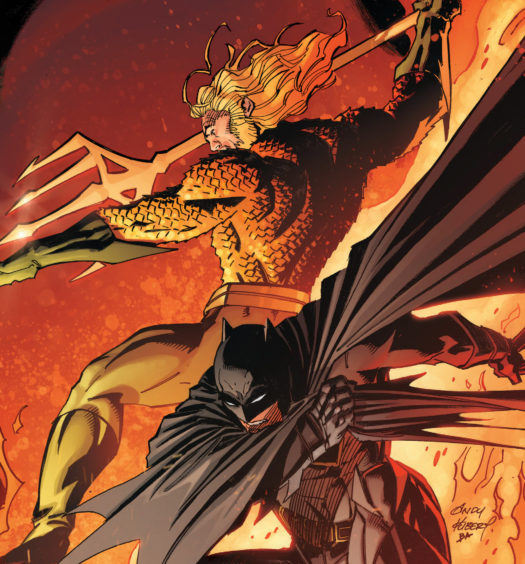It’s somewhat difficult to write about Alison Bechdel’s Are You My Mother?. Part memoir, part psychology primer, the book blends the two to both recount and analyze Bechdel’s relationship with her mother. The result is at times disjointed but always fascinating. So why is it hard to write about this book? It’s because, in spite of the craft that went into the creation of the book, and of the objective recognition of its overall quality, Are You My Mother? wasn’t particularly enjoyable. It wasn’t unenjoyable because it was bad; on the contrary, the book is extremely well-made. It’s just also not particularly enthralling.
There is no denying Bechdel’s talent. There are scenes here where her art conveys more emotion than words ever could, and her ear for dialogue is excellent. It helps that a lot of the book comes from her real life, and that she compulsively keeps notes on her conversations with her mother. Bechdel also chronicles her study of psychology and her relationships with her therapists. She weaves in stories and quotes from psychoanalyst Donald Winnicott and psychologist Alice Miller in a way that, while not always terribly smooth, relates them to the ‘action’ of the book.
Part of the problem with the book, though, stems from all of those psychology quotes that she intersperses throughout the book. They’re terribly interesting, don’t get me wrong, but they’re also very academic and very dry. The best moments in the book are the ones where a scene is let play for a few pages. Unfortunately the quotations from Winnicott and Miller are used so frequently that there are very few scenes that unfold that way.
Bechdel uses the quotations as a way of creating context for what’s happening, but no context is really required. She’s analyzing and dissecting the events on the page, and it leaves no room for the reader to come to his or her own conclusions. Of course memoirs are introspective by their very nature, but the level of introspection here is distracting, almost to the point of being off-putting. Her tone throughout shifts between telling her story and analyzing her story, which makes it hard to relate to her as a character. There’s no room for a ‘close read’ of this book – Bechdel has already done that for you. She almost regards herself as a subject rather than as a person, so it’s hard as a reader to invest in her any closer than at arm’s-length.
As you can see I’m very conflicted about Are You My Mother?. On the one hand I very much appreciate the work that went into it. Bechdel is clearly an intelligent, talented person, and it shows on every page of the book. If nothing else, reading Are You My Mother? makes me really want to read some of her fiction. This book is one that’s more to be admired than enjoyed, though.







